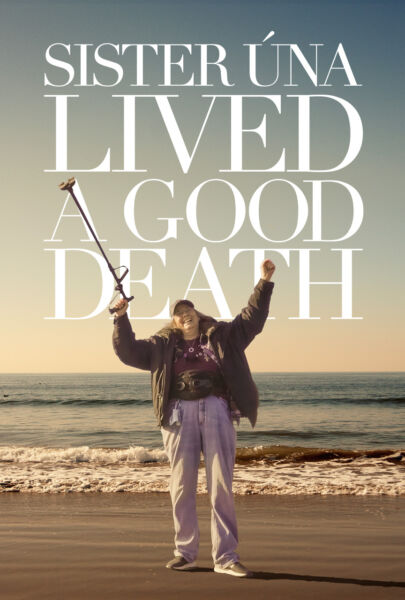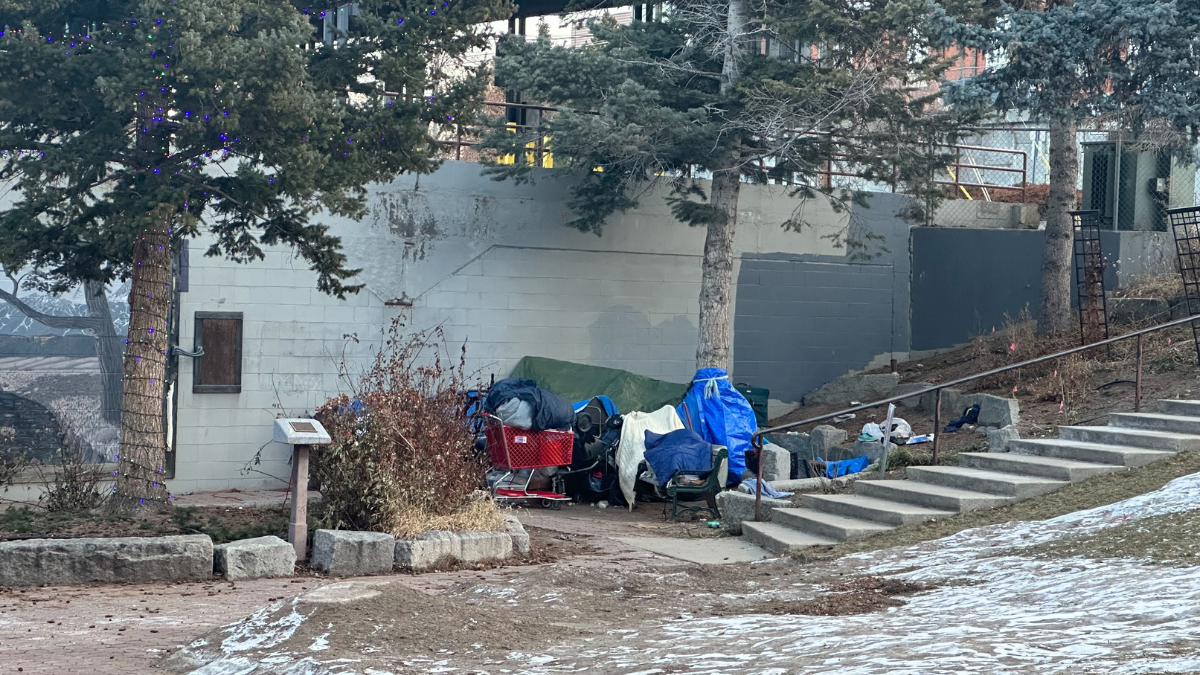GSM NEEDS Match Grant Funds Needed
GSM NEEDS Match Grant Funds Needed
We received grant approval from Montana State Fund for specialized equipment designated for our organization to continue to offer a clean and safe environment for staff, patrons and the community
Q: What’s the need?
A: There is a 50% match requirement! We require an additional $3,000 to purchase this industrial equipment as a match to the grant.
Q: What do we need the funds for?
A: We need an industrial floor cleaning machine for use in our store, office and common areas
STORE UPDATES:
• Summer Hours July-Oct. 1 9:00 AM—7:00 PM
• Dock Hours Tuesday-Saturday 10:00 AM-6:00 PM
SCHOOL’S IN SESSION EVENT: Sat. September 14 11:00 -3:00
SALES: Children’s clothing, school supplies ,
ACTIVITIES/ONSITE PHOTOGRAPHER: Join the party in our store!
DONOR UPDATES
First Quarter Projections Looking Solid!
According to our donor database, our community has helped us raise over $4500 between July 1 and August 14!
If we continue at this pace, we have the potential to raise $30,000 or more in donations! That’s a base salary for an outreach worker, financial assistance to secure housing, food or supplies for needful clients!
The possibilities are incredible!
August 2024
In this issue:
FEATURE: Ruth’s Space
NEEDS: Match Grant $
DONOR UPDATES: 1st Quarter
OPERATIONS NEWS:
Dock Hours extended;
School party! 9/13/24
GSM SUPERSTARS:
Our ED—Theresa Ortega!-
Ruth’s Place Has a Space!
Good news! After a year long wait, we found a solution and created a collaborative effort between Good Samaritan Ministries (the catalyst behind the shelter) and Family Promise of Greater Helena (the resources to get it moving) . We plan to break ground next month on Ruth’s Place—a women’s shelter in Helena! That new planned location is Family Promise at 2814 Cook Street, just off N Montana Avenue. The two agencies will share the space.
GSM SUPERSTARS
Executive Director Theresa Ortega nominated for Lumen Cristi Award
Since its inception in 1978, the award—presented by Catholic Extension Society, has been given to people who radiate and reveal the light of Christ present in the communities where they serve.
Our Executive Director was nominated for her leadership, and stewardship of funds and resources for the ongoing development of the social service programs funded through the successful GSM store operations!
TOGETHER THEY MAKE A DIFFERENCE!
BACK IN SCHOOL EVENT SEEKING YOUR PARTICIPATION
Please join us in providing resources, information, swag and supplies to students and their families at our in-store sale, community fair and fun event.
We have tables. We just need you!!!
WHEN: September 14TH, 2024 11 to 3 p.m.
WHERE: Good Samaritan Store
3067 N. Montana Avenue Helena, MT 59601
RSVP : [email protected] BY 9/08
406 442-0780 ext. 111
Special thanks for our local Walmart for contributing healthful snacks for our grab-bags for participating children!
WE HOPE YOU WILL CONSIDER JOINING US. OUR COMMUNITY NEEDS YOUR INFORMATION!
Our Place Peers Collaborate for a Downtown Cleanup
Late morning marked the beginning of our community cleanups, and despite the heat, the atmosphere remained positive. The effort kicked off at Cruise Park, moved behind God’s Love, and concluded at the tunnel near Anchor Park.
This event was a remarkable display of camaraderie and interdepartmental cooperation. Leading the charge were Jacqueline, Our Place Program Manager, and Mikayla, Peer Support Specialist from Our Place, who kept everything running smoothly. Alongside our dedicated staff were numerous volunteers, many of whom are Our Place Peers and have experienced or are currently experiencing homelessness. In fact, the idea for Our Place’s participation in the cleanups came from these Peers!
The cleanup crew also included members of the Helena Police Department (HPD) and the Parks Department, with the latter providing trucks for trash removal. Both HPD and Parks Department staff worked alongside the volunteers. hese cleanups are not about displacing people but about making parks and public areas clean and safe for everyone, including our unhoused neighbors. We do not discard personal belongings—only trash. In fact, the tunnel cleanup had started well before our arrival, with the temporary residents leading by example!
For years, the Parks Department has been organizing these cleanups. Pat from the Parks Department mentioned that in the last 4-5 years, the number of people trying to set up more permanent residences in the parks has skyrocketed. With the addition of the Our Place team, we can help address this issue by connecting people with resources to get off the streets and into supportive environments.
Throughout the morning, Mikayla and Jacqueline frequently reminded people to collect their mail from Our Place—an essential service for those without a permanent address and encouraged folks to head down to Our Place for food and more. They knew everyone by name, as did the HPD and Parks Department staff, and provided compassionate support during the cleanup. They balanced firm instructions, like “Yes, you have to clean this up,” with genuine concern, asking, “How are you doing?” and “What do you need?”
This event was a kind and collaborative effort from all parties involved. While there were a few dissenting voices, the gratitude from those helped far outweighed the negativity. We recognize that there is no perfect solution to this complex issue. People deserve a safe place to sleep, and everyone deserves clean parks to enjoy—whether they are housed or not. We are committed to expanding our reach and programs to connect those in need with the help they require.
We extend a special thank you to the Our Place Peers who volunteered—Brandon, Stuart, William, and Jay (some preferred to remain unnamed)—as well as the staff at Our Place, the Helena Police Department, the Parks Department, and the Sanitation Department. This is the third cleanup Our Place Peers have participated in, and these events have become a huge part of their recovery group, giving them a sense of purpose and vital community connection.
We would also like to extend a huge thank you to Judge Peterson for providing a reduction in fines to those who participated in the cleanup.
If you have questions about these cleanups, how to get involved with our Ministries, or have a suggestion of a place to clean up please feel free to reach out at: [email protected]






Greater Helena Gives: Ensure Our Place Stays a Beacon of Hope
This Greater Helena Gives Day, we urge you to consider supporting Our Place —a vital resource in our community for individuals who are experiencing houselessness or are in need of immediate support.
At Our Place, we operate on the principle that kindness, dignity, and respect are fundamental to helping individuals create a stable, violence-free environment for themselves and their families. It’s not just a place; it’s a community where people can come together to find solace, support, and the resources necessary to improve their lives.
Services Provided at Our Place:
- Personal outreach and engagement
- Peer recovery and mental health services
- Socialization opportunities and community group activities
- Crisis mitigation and quality of life improvements
- Essential aid including housing, transportation, job application support, and more
Since taking management in December 2019, Good Samaritan Ministries has significantly expanded the capabilities of Our Place. We now serve an average of 1,100 people per month—a doubling of our outreach—while increasing the services we offer by 85%.
Your Support Is Crucial:
As we continue to grow and serve more individuals in need, the importance of community support becomes ever clearer. Your donations help sustain and expand our services, ensuring that everyone who comes through our doors finds the help they need to stabilize and succeed.
This #GreaterHelenaGives, please consider making a donation to Good Samaritan Ministries. Your contribution will directly support our efforts to empower individuals, foster community, and provide critical services that can change lives.
Together, we can make a significant impact and ensure that no one in our community has to face their challenges alone.
To donate follow this link:
https://www.greaterhelenagives.org/organizations/good-samaritan-thrift-store-and-ministries-helena
Why Should I Care? Homelessness in Helena, MT
Please watch the video from Vallerie Hellerman with Hands on Global and HCTV
Montana ranks near worst in multiple nationwide homelessness categories
The increases in Montana’s homeless population over the last few years are some of the largest jumps in the nation, according to the Department of Housing and Urban Development’s 2023 Annual Homelessness Assessment Report.
Between 2007 — when the nationwide annual tracking began — and 2023, the number of people experiencing homelessness increased in 25 states. Montana had the second-largest percentage increase in the number of people experiencing homelessness at 89% and the third-largest percentage increase from 2022 to 2023 at 45%.
“It’s not especially surprising,” said Sam Forstag, a manager with the Montana Coalition to Solve Homelessness. “Right now there’s a nationwide increase, but it sure makes sense that we’re leading the pack in most categories.”
Montana also led the pack in metrics on chronic homelessness, which refers to individuals who have frequent bouts of homelessness or have continuously been experiencing homelessness for over a year.
Between 2007 and 2023, Montana had the highest percentage increase in the number of individuals experiencing chronic patterns of homelessness at 551%. Montana was trailed by Rhode Island (334%), Idaho (275%), Maine (253%) and Washington (195%), according to the data.
Much of this data is based on a point-in-time survey, which is largely believed to be an imperfect tool to measure homelessness as it is prone to undercounting the number of people experiencing homelessness.
Still, those more recent numbers track with what providers are seeing on the ground in Montana.
The number of people experiencing homelessness in Montana’s seven major cities — Billings, Bozeman, Butte, Great Falls, Helena, Kalispell and Missoula — increased from 2021 to 2022 according to data collected by the service providers in those communities.
Kalispell saw a particularly dramatic increase from 654 individuals in 2021 to 1,049 the following year.
Chris Krager, executive director of Samaritan House, a Kalispell-based service provider that includes a homeless shelter, said that “the trends we are seeing are very similar to what the (federal) data shows.”
Krager has been the director of Samaritan House for 23 years. It was around the time of the COVID-19 pandemic, he explained, that the facility started hitting its capacity on a year-round nightly basis. Depending on how many children are in the families who arrive, the capacity can range from roughly 95 to 105 people.
“It just doesn’t ease up,” Krager said.
Forstag contends that some of the major drivers behind Montana’s imploding homelessness numbers are the dearth of affordable housing and the lack of behavioral health services in the state. Forstag also said that shelter directors from across the state say funding for more case managers is one of their main priorities.
A bill that would have in part helped hire more case managers passed multiple floor votes, but eventually died in committee this past legislative session. That failed legislation would have established $2 million in matching grants for in-house substance use treatment and case management.
That said, advocates fighting homelessness did see some success during the past legislative session: Lawmakers allocated $5 million for emergency shelter facility acquisitions and upgrades as a part of the state’s major infrastructure bill.
“It was a Band-Aid and a Band-Aid we needed,” Forstag said of the one-time funds.
Adequate shelters in Montana are particularly crucial during the winter months, where temperatures can plummet far beyond 0 degrees Fahrenheit. Over the last few years, a number of deaths of homeless people have been linked to the frigid temperatures.
“In Montana’s weather, homelessness can be fatal,” Krager said.


 OU
OU 



